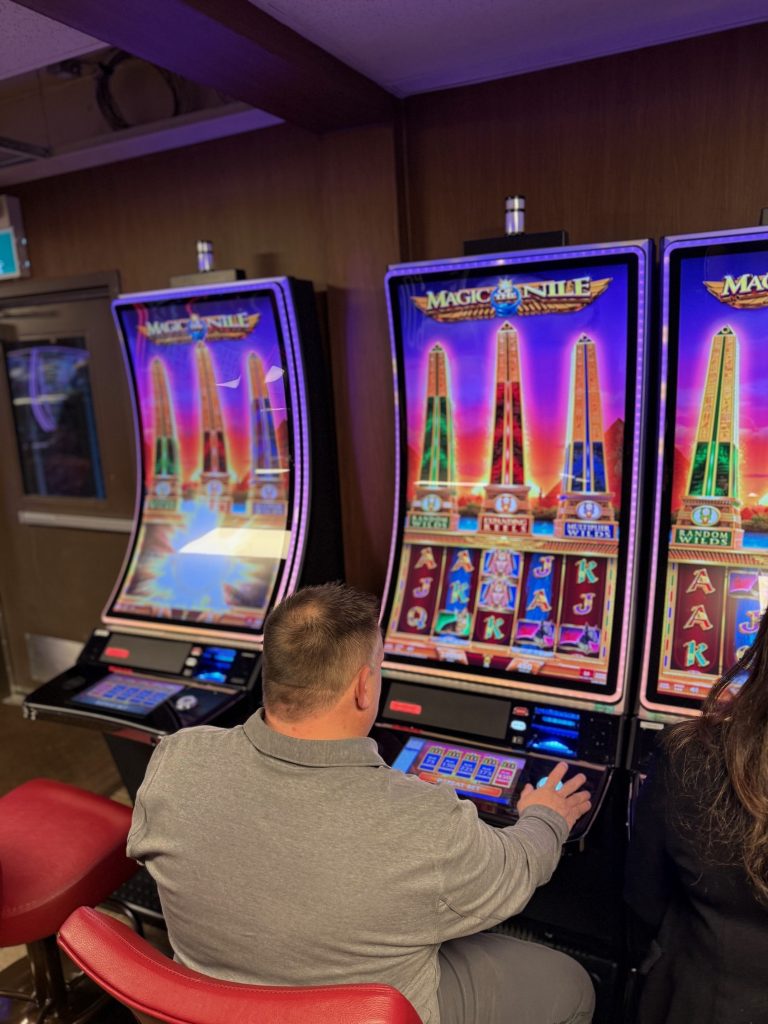Podcast: Play in new window | Download | Embed
There is a new location for Native health in the Black Hills.
The Great Plains Native Health Hub has opened in Rapid City, S.D. with the support of Johns Hopkins University.
South Dakota Public Broadcasting’s C.J. Keene checks in.
The hub will offer new Native-specific healthcare options as part of the Johns Hopkins Center for Indigenous Health.
Oglala Lakota doctor Donald Warne is the co-director of the Center for Indigenous Health.
“Unfortunately, we have some of the worst health disparities in the nation right here in the Dakotas, and when we look at the American Indian population, the average age of death is in the late 40s, as compared to the rest of the population in the late 70s. So, we have a 30-year difference in average age of death – and much of that is preventable. When we think about preventable issues, we’re dealing in the areas of public health and medicine.”
He says a safe, trusting environment for Native healthcare is step one.
“Our leadership team for the Great Plains Hub consists of all Lakota people. I think in research and healthcare and community engagement, the messengers really matter. What we’re excited about is we have new research projects studying Lakota populations, led by an entirely Lakota research team. We can’t think of research in this silo, we have to look at this as an opportunity to provide more opportunities to provide more training for community members that might be interested in healthcare careers.”
Warne’s colleague, research associate Dr. Courtney Claussen, says the hub will bring doctors from around the region to focus on specific local challenges.
“Being located here within Rapid City is beautiful. There are a ton of incredible team members located across the nation, so having the interconnections – not only from nation to nation but to the communities in South Dakota – we were able to meet with a lot of really great folks from the great plains region working in the healthcare area.”
Another major draw of the hub – addressing brain drain by bringing PhD’s back to western South Dakota.

(Courtesy Mashantucket Pequot Tribal Nation)
The Mashantucket Pequot Tribal Nation in Connecticut has been awarded a grant to help cut climate pollution.
Edwin J. Viera reports.
It is part of the Environmental Protection Agency’s Climate Pollution Reductions grant program.
The funding will be spent on installing electric vehicle charging stations at government buildings around the reservation.
Raheim Eleazer, environmental liaison for the Mashantucket Pequot Tribal Nation, hopes to install at least a dozen charging stations.
He said the funding will help reduce emissions in other ways.
“We’re also hoping to electrify some of the governmental fleet vehicles. We’re hoping to do 13 of those whether it’s hybrid or fully electric vehicles.”
Another project for the grant funding involves helping 34 people living on the reservation convert or support their gas-powered cars through a rebate program.
He pointed out reducing pollution from transportation has substantial health benefits.
Connecticut’s worsening air quality has increased asthma rates for Mashantucket Pequot Tribe members.
While the grant runs for five years, each project has its own timeline.
Eleazer pointed out electric-vehicle charging stations are a big focus for the community.
He thinks the new charging stations will encourage people to buy electric vehicles and added it is only the start, since the comprehensive climate action plan outlines plans for other renewable energy projects.
“The possibility or the interest of producing or generating energy from renewable resources such as solar. I know I have personally been looking into potentially thermal networking for the reservation.”
He emphasized creating a microgrid is also an option with interest being shown by the community in diversifying energy generation, because he argued using one renewable energy source is not sustainable in New England.
Get National Native News delivered to your inbox daily and stay up-to-date on the 2024 Native Vote. Sign up for our daily newsletter today.



